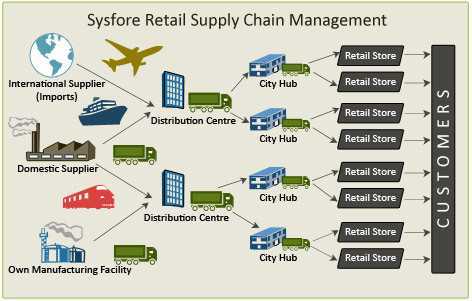Introduction to Cloud-based Logistics
In the realm of container logistics, the advent of cloud logistics platforms has marked a transformative era. These platforms facilitate a digital supply chain, integrating various logistics operations into a cohesive, accessible system. By leveraging the cloud, companies can achieve unprecedented levels of efficiency and visibility, allowing for real-time decision-making and streamlined processes. The key components—Logistics, Cloud, Digital, Platform, and Integration—work in harmony to create a robust foundation for modern logistics solutions.
Key Technologies in Container Logistics
Technological advancements, particularly IoT in logistics and blockchain for logistics, have revolutionized container logistics. The Internet of Things (IoT) enhances tracking and monitoring capabilities, ensuring real-time visibility of containers across the globe. Meanwhile, Blockchain technology introduces a new level of security and transparency, facilitating seamless transactions and data exchanges. These technologies are central to modern logistics, fostering Automation, Analytics, and enhanced Security within the supply chain.
Benefits of Cloud-based Supply Chain Management
The transition to cloud-based supply chain management offers manifold benefits, including supply chain automation and real-time inventory management. Businesses experience significant improvements in Efficiency, Scalability, Flexibility, and Transparency. Such systems allow for the optimization of resources, reducing waste and improving service delivery. The ability to adapt to market changes rapidly and maintain continuous visibility over operations underscores the value of cloud-based solutions in today’s dynamic market environment.
Challenges and Solutions in Cloud-based Logistics
Despite the benefits, companies face challenges, such as concerns over cloud computing security and the pursuit of a sustainable supply chain. Addressing these requires a strategic approach to Security, emphasizing Compliance, Interoperability, and Encryption. Solutions involve adopting best practices in cybersecurity, leveraging sustainable logistics practices, and ensuring systems are flexible enough to integrate with various technologies and standards, thereby overcoming these hurdles effectively.

